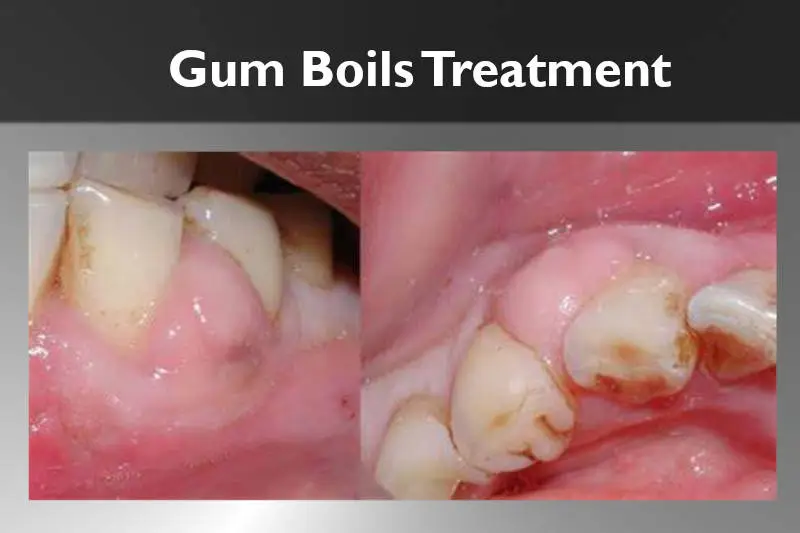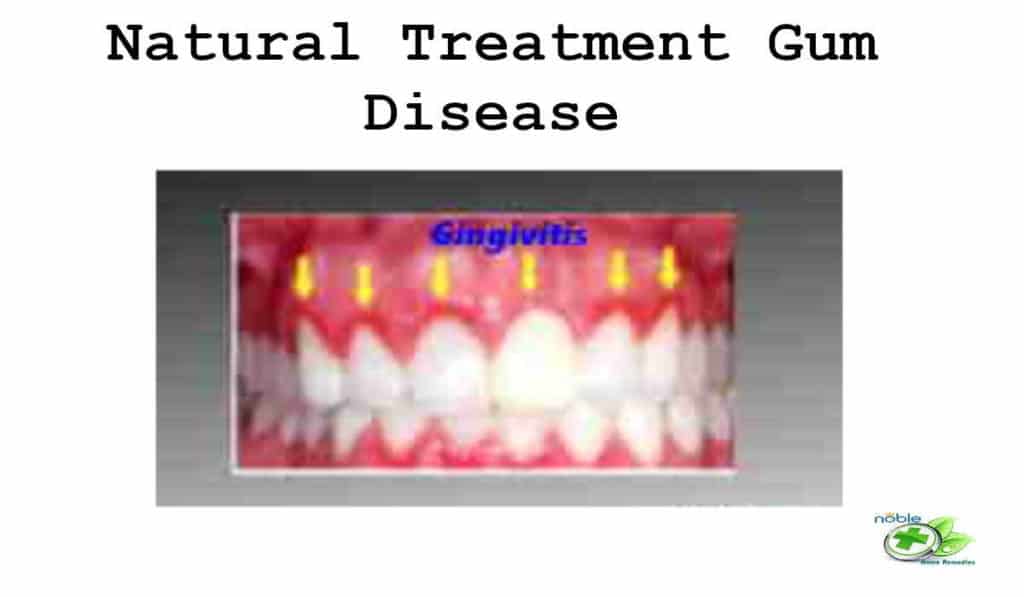Are Tooth Infections Contagious?: The Scary Reality
Are tooth infections contagious? It’s a question that may not have crossed your mind until now, but the answer could have serious implications for your health and the health of those around you.

Tooth infections, also known as dental abscesses, are a common condition caused by a bacterial infection in the tooth’s pulp. They can cause severe pain, swelling, and even fever, making it difficult to eat, speak, and carry out daily activities.
But what many people don’t realize is that tooth infections can also be contagious, and the consequences of not taking proper precautions can be dire.
In this blog post, we’ll explore the scary reality of tooth infections being contagious, and what you need to know to protect yourself and those around you. From the causes and symptoms of tooth infections to the ways in which they can spread and the importance of early diagnosis and treatment.
We also cover all the essential information you need to know about this critical dental health issue. So, let’s dive in and find out the truth about tooth infections and their contagious nature.
What are tooth infections?
What are tooth infections, and how do they occur? Understanding the basics of this common dental problem is the first step in recognizing its potential for contagion.
Definition of tooth infections
A tooth infection, also known as a dental abscess, is an infection that occurs in the soft tissue (pulp) inside a tooth. It can develop when bacteria enter the pulp through a cavity, crack, or other opening in the tooth, and the body’s immune system responds by sending white blood cells to fight the infection. This results in swelling and the accumulation of pus, which can be extremely painful and even lead to the loss of the affected tooth.
Causes of tooth infections
There are several possible causes of tooth infections, including poor oral hygiene, a diet high in sugary or acidic foods, and certain medical conditions that weaken the immune system. In some cases, tooth infections may also be caused by trauma to the tooth or gum tissue, such as a blow to the face or a sports injury.
Symptoms of tooth infections
The symptoms of a tooth infection can vary depending on the severity of the infection, but they often include:
- Severe toothache, especially when chewing or biting down
- Sensitivity to hot or cold temperatures
- Swelling and redness in the gums around the affected tooth
- Pus or a bad taste in the mouth
- Fever, in severe cases
It’s essential to seek prompt treatment if you experience any of these symptoms, as tooth infections can quickly progress and even spread to other parts of the body.
Additionally, as we’ll explore in the next section, tooth infections can also be contagious, making early diagnosis and treatment even more critical for your overall health and the health of those around you.
Contagion and Tooth Infections
Contagion and tooth infections are two concepts that many people may not associate with each other. However, as we’ve already established, tooth infections can indeed be contagious, and understanding how this works is crucial for protecting yourself and those around you.
How tooth infections can be contagious?
Tooth infections can be contagious because the bacteria that cause them can spread from one person to another through various means.
For example, if you share utensils, toothbrushes, or other objects with someone who has a tooth infection, you may inadvertently come into contact with the bacteria and develop an infection of your own.
Additionally, if you have poor oral hygiene or a weakened immune system, you may be more susceptible to developing an infection after exposure to the bacteria.
How contagious tooth infections can spread?
Contagious tooth infections can spread through various means, including saliva, respiratory droplets, and contact with contaminated objects.
For example, if someone with a tooth infection coughs or sneezes near you, the bacteria can be transmitted through the air and potentially infect you.
Similarly, if you touch a contaminated object and then touch your mouth or face, you may inadvertently introduce the bacteria into your body.
The risks associated with spreading tooth infections
The risks associated with spreading tooth infections are significant and can have serious consequences. In addition to the tooth pain and discomfort caused by the infection itself, untreated tooth infections can lead to the spread of the bacteria to other parts of the body, potentially causing sepsis, heart disease, or other serious health problems.
Additionally, if you spread a tooth infection to someone else, you could be putting their health at risk, especially if they have a weakened immune system or other underlying health conditions.
Prevention and Treatment
Now that we know tooth infections can be contagious, it’s crucial to take preventative measures to avoid spreading them. In this section, we’ll discuss some steps you can take to prevent the spread of tooth infections and the treatment options available if you do have an infected tooth.
Preventative measures to avoid the spread of tooth infections
To prevent the spread of tooth infections, it’s essential to practice good oral hygiene habits such as brushing your teeth twice a day, flossing daily, and using an antimicrobial mouthwash.
Additionally, avoid sharing utensils or toothbrushes with others, and make sure to clean and disinfect any dental tools after each use.
Treatment options for tooth infections
If you do have a tooth infection, the appropriate treatment will depend on the severity of the infection. In many cases, a root canal procedure can be used to remove the infected tissue and preserve the tooth. In some cases, antibiotics may be prescribed to clear up the infection before any dental work is done. In more severe cases, a tooth extraction may be necessary.
When you see symptoms you may see natural remedies for tooth infections to bring the infections under control.
Steps to take if you suspect you have a contagious tooth infection
If you suspect that you have a contagious tooth infection, it’s crucial to seek dental treatment right away. Call your dentist to schedule an appointment and explain your symptoms. Be sure to mention any recent contact with others who may have had a tooth infection or any other signs of illness that you may have experienced.
Preventing the spread of tooth infections is crucial to maintaining good oral and overall health. If you suspect a tooth infection practice good oral hygiene habits and seek prompt treatment. Avoid sharing dental tools or utensils with others. This way you can reduce your risk of spreading or contracting a contagious tooth infection.
Takeaway
In conclusion, the scary reality is that tooth infections can be contagious and spread from person to person through various means. Ignoring these infections can lead to serious health consequences not only for the infected person but also for those around them. Therefore, it is critical to take tooth infections seriously and seek prompt treatment.
To prevent the spread of tooth infections, it is important to practice good oral hygiene and seek regular dental check-ups. If you suspect you have a contagious tooth infection, do not hesitate to consult a dentist and follow their recommended treatment plan.
In the end, your dental health is essential to your overall well-being, and neglecting it can have severe consequences. So, prioritize your dental health and take action to prevent and treat tooth infections. Remember, prevention is always better than cure.
Trust in your purchase:
Every product featured on our site has been carefully researched and selected based on quality, customer ratings, and positive reviews to ensure you receive excellent value for your money.
Please note:
This post contains affiliate links. If you make a purchase through these links, we may earn a small commission at no additional cost to you. This helps support our site and allows us to continue bringing you valuable content. Thank you!
Thank you for your precious time spent with NobleHomeRemedies.
You may also like:
How to Remove Stains from Teeth Naturally
How to Remove Stains from Teeth in Just One Day?: Naturally! How to remove stains…
Activated Charcoal Teeth Whitening
Truth About Activated Charcoal Teeth Whitening: Abrasive? The black magic of activated charcoal is a…
Fast Tooth Pain Relief Natural Remedies
Fast Tooth Pain Relief Natural Remedies – Pepper & Salt Toothache pain can be controlled….
Gum Boils Treatment
Gum Boils Treatment: The Powerful Solution You Need! Welcome to our blog post on gum…
Teeth Whitening At Home
Brighten Your Smile: The Ultimate Guide to Teeth Whitening at Home Embarking on a journey…
Top 7 Natural Treatment Gum Disease
Top 7 Natural Treatment Gum Disease Gum disease is an infection of tissues of the…






